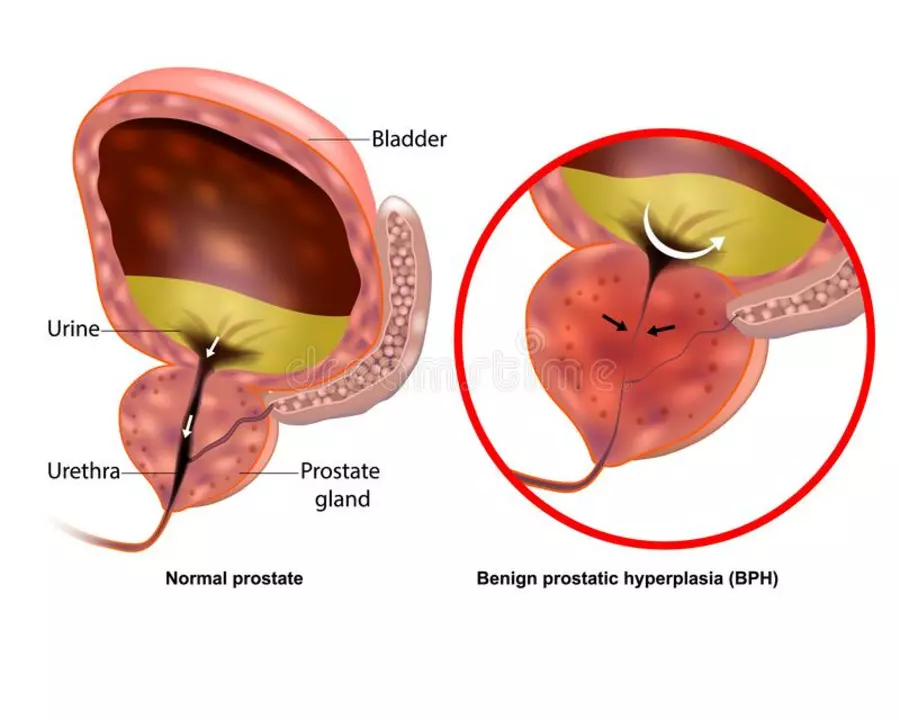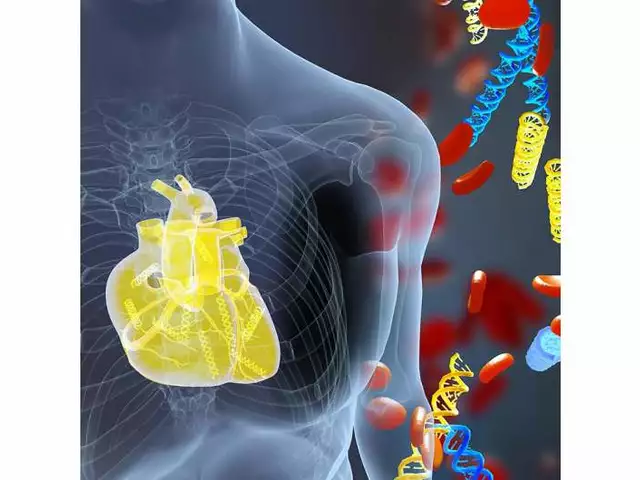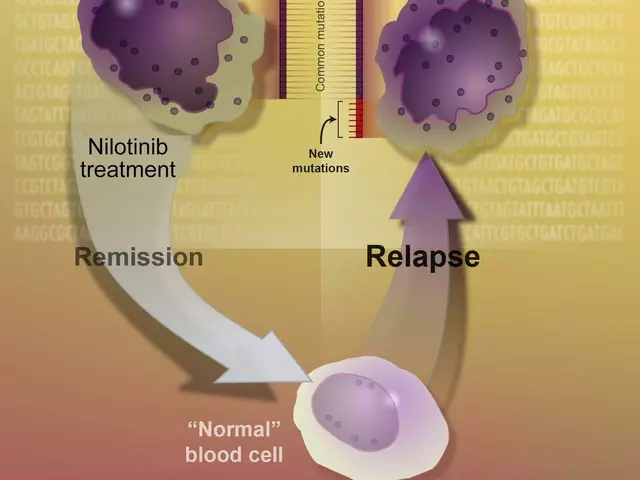
When to consider switching from alfuzosin to another BPH medication
Understanding BPH and Alfuzosin Treatment
Before discussing when to switch from alfuzosin to another medication, it's essential to have a clear understanding of what BPH is and how alfuzosin works as a treatment. Benign Prostatic Hyperplasia (BPH) is a condition in which the prostate gland enlarges, causing a restriction in the flow of urine. This can lead to various urinary symptoms, such as frequent urination, difficulty starting urination, and a weak urine stream. Alfuzosin is a medication that belongs to a class of drugs called alpha-blockers. It works by relaxing the muscles in the prostate and bladder neck, making it easier to urinate.
Side Effects of Alfuzosin
As with any medication, alfuzosin may cause side effects in some individuals. Common side effects include dizziness, headache, fatigue, and gastrointestinal issues such as nausea and diarrhea. However, these side effects are generally mild and tend to go away on their own as your body adjusts to the medication. In rare cases, more severe side effects may occur, such as low blood pressure, irregular heartbeat, or allergic reactions. If you experience any of these side effects or have concerns about how alfuzosin is affecting you, it's important to discuss this with your healthcare provider.
Ineffectiveness of Alfuzosin
One reason you might consider switching from alfuzosin to another BPH medication is if it's not effectively managing your symptoms. While many individuals find relief from their BPH symptoms with alfuzosin, it's not always the best option for everyone. If you've been taking alfuzosin for a few weeks and haven't noticed any improvement in your symptoms or if your symptoms have worsened, it might be time to discuss alternative treatment options with your healthcare provider. Keep in mind that it's essential to give the medication a fair trial before determining its effectiveness, as it may take some time for your body to adjust and respond to the drug.
Interaction with Other Medications
Another reason to consider switching from alfuzosin to another BPH medication is if you're taking other medications that interact negatively with alfuzosin. Some medications, such as certain antifungal drugs, HIV protease inhibitors, or other alpha-blockers, can increase the risk of side effects or decrease the effectiveness of alfuzosin. If you're taking any of these medications, it's essential to discuss this with your healthcare provider to determine whether a different BPH medication would be more suitable for your needs. In some cases, your healthcare provider might recommend adjusting your other medications to allow you to continue taking alfuzosin safely.
Considering Surgical Options
If you've tried alfuzosin and other BPH medications without finding relief from your symptoms, it might be time to consider surgical options. In some cases, BPH can be severe enough to warrant surgical intervention, such as a transurethral resection of the prostate (TURP) or a prostatic urethral lift. These procedures can help alleviate symptoms by removing or repositioning the excess prostate tissue that's causing the restriction in urine flow. If you're considering surgery, it's essential to discuss this with your healthcare provider to determine the best course of action based on your specific situation and medical history.
In conclusion, if you're taking alfuzosin for BPH and experiencing side effects, ineffectiveness, medication interactions, or considering surgical options, it might be time to consider switching to another BPH medication. Remember always to discuss any concerns with your healthcare provider to determine the best course of action for your individual needs.





Written by Jakob Fitzroy
My name is Jakob Fitzroy, and I am an expert in pharmaceuticals with a passion for writing. I have dedicated my life to studying medication and understanding how it affects various diseases. My goal is to educate people about the importance of proper drug therapy and prevention methods. I have authored numerous articles, providing valuable insights on medication, its development, and its impact on patients. My driving force is to contribute to the ongoing fight against diseases and improve the overall health and well-being of people around the world.
All posts: Jakob Fitzroy